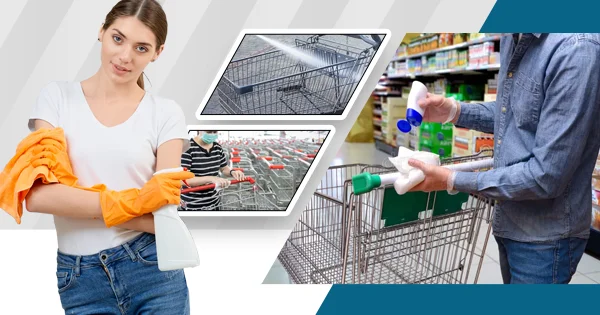Shopping baskets are one of the most frequently used items in any retail store. With multiple hands touching them daily, they can quickly become a hotspot for dirt, bacteria, and germs. Ensuring they are cleaned and maintained regularly is essential for both customer safety and store reputation.
The Importance of Basket Hygiene
Customers associate cleanliness with quality. Dirty or unkempt baskets can create a negative impression and reduce customer trust. On the other hand, clean baskets enhance customer experience and encourage repeat visits.
Professional Cleaning Services
Retail environments benefit greatly from professional support. Partnering with commercial cleaning services ensures that shopping baskets, along with other high-touch areas, are thoroughly sanitised and maintained.
Specialist Cleaning for Better Hygiene
In addition to routine cleaning, stores can benefit from specialist cleaning services designed to tackle deep-seated dirt and bacteria. This level of cleaning helps create a safer shopping environment and protects the store’s reputation.
Conclusion
Maintaining clean shopping baskets goes beyond appearances—it reflects your store’s commitment to hygiene and customer care. By investing in professional and specialist cleaning, stores can boost their reputation and provide customers with a healthier shopping experience.


